India has a rich tradition of environmental activism, with many individuals dedicating their lives to protecting the environment and advocating for sustainable development. These environmentalists have worked tirelessly to conserve nature, raise awareness about environmental issues, and fight against the degradation of natural resources. Their efforts have not only shaped India’s environmental policies but also inspired millions of people to take up the cause of environmental conservation. In this article, we will explore the contributions of the top 10 famous environmentalists in India.
1. Sunderlal Bahuguna: The Face of the Chipko Movement
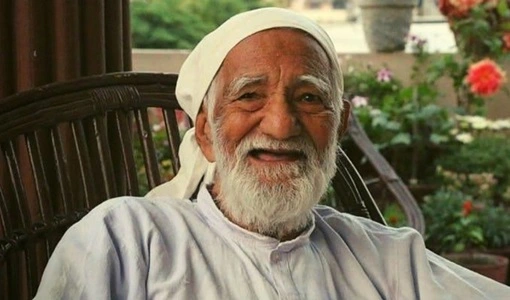
Sunderlal Bahuguna is one of the most renowned environmentalists in India, best known for his role in the Chipko Movement, which was a protest against deforestation in the Himalayan region during the 1970s. Bahuguna, along with local villagers, hugged trees to prevent them from being cut down, leading to the term “Chipko,” meaning “to hug.” His activism led to a ban on tree felling in the region and helped raise awareness about the importance of forest conservation. Sunderlal Bahuguna dedicated his life to environmental issues, particularly in the Himalayan region, and became an icon of environmental activism in India.
2. Medha Patkar: Fighting for the Rights of the Displaced
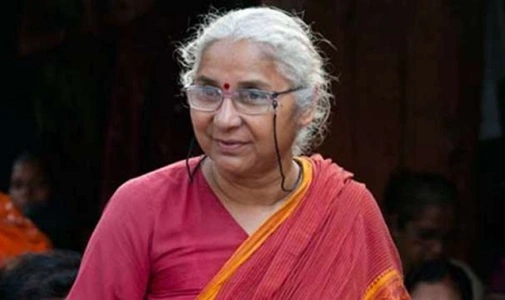
Medha Patkar is a well-known social and environmental activist who is best known for her work with the Narmada Bachao Andolan. This movement, which began in the 1980s, aimed to prevent the construction of large dams on the Narmada River, which would have displaced thousands of indigenous people and submerged large areas of forest. Patkar’s activism highlighted the environmental and human costs of large-scale development projects. She has been a vocal advocate for sustainable development, ensuring that the rights of local communities and the environment are not sacrificed for industrialization.
3. Dr. Vandana Shiva: The Voice of Sustainable Agriculture
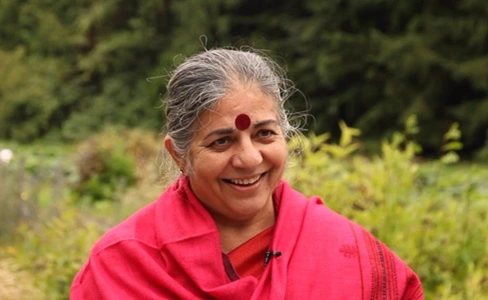
Dr. Vandana Shiva is a prominent environmentalist, physicist, and food sovereignty advocate. She has been a vocal critic of industrial agriculture and genetic modification of crops, promoting organic farming and sustainable agriculture. Dr. Shiva founded the Research Foundation for Science, Technology, and Ecology, and has been a leading voice in the global movement for biodiversity conservation and farmer’s rights. She is particularly known for her work in protecting traditional seeds and promoting eco-friendly farming practices. Her contributions to environmental sustainability and agricultural conservation have earned her global recognition.
4. Sunita Narain: A Champion of Climate Change

Sunita Narain is an influential environmentalist and the Director General of the Centre for Science and Environment (CSE), one of India’s leading environmental think tanks. Narain is known for her work on issues related to climate change, pollution, water conservation, and sustainable development. She has been a strong advocate for the equitable distribution of natural resources and has pushed for policies that address the needs of the poor while promoting environmental sustainability. Narain’s efforts in raising awareness about air pollution, water scarcity, and climate change have made her one of the most respected environmentalists in India.
5. Rajendra Singh: The Waterman of India
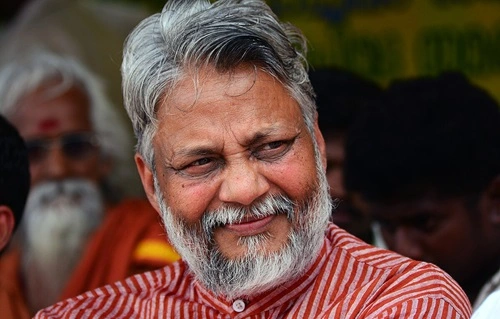
Rajendra Singh, often called the “Waterman of India,” is famous for his work in water conservation and rural development. He played a crucial role in reviving several rivers in Rajasthan through traditional water harvesting methods, such as building check dams and rejuvenating ponds. His work not only helped restore water resources in drought-prone areas but also improved agricultural productivity and rural livelihoods. Rajendra Singh was awarded the Stockholm Water Prize, often referred to as the Nobel Prize for Water, in recognition of his efforts to combat water scarcity and promote sustainable water management.
6. Jadav Payeng: The Forest Man of India
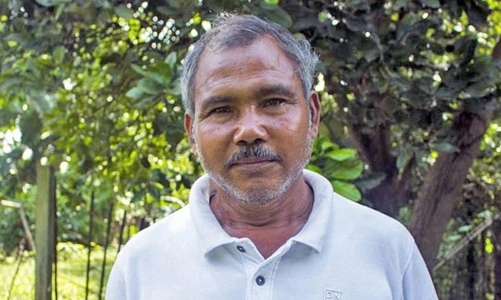
Jadav Payeng, a farmer from Assam, single-handedly planted and nurtured an entire forest on Majuli Island, the largest river island in the world. Over a span of 40 years, Payeng transformed a barren sandbar into a lush forest spanning over 1,300 acres. His forest, known as Molai forest, is home to a wide variety of wildlife, including tigers, elephants, and deer. Payeng’s remarkable contribution to forest conservation has earned him the title “The Forest Man of India” and serves as an inspiration for individuals to take up personal responsibility for environmental protection.
7. Chandi Prasad Bhatt: Pioneer of Eco-Development
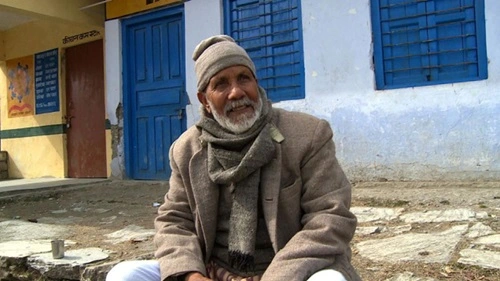
Chandi Prasad Bhatt is a Gandhian environmentalist and one of the pioneers of the Chipko Movement. Along with Sunderlal Bahuguna, Bhatt played a key role in organizing the movement, which brought attention to the importance of forest conservation in the Himalayan region. Bhatt’s activism extended beyond the Chipko Movement, as he worked tirelessly to promote sustainable development and community-based environmental management. His efforts in eco-development and protecting natural resources earned him the Ramon Magsaysay Award, one of the highest honors for community leadership.
8. Ravi Agarwal: An Environmental Artist and Activist

Ravi Agarwal is an environmentalist, photographer, and founder of the environmental NGO Toxics Link. His organization focuses on raising awareness about waste management, plastic pollution, and the dangers of hazardous waste. Agarwal’s environmental activism is unique in that it combines art, photography, and activism to convey important environmental messages. Through his work, he has highlighted the environmental impact of industrialization, urbanization, and improper waste disposal. His contributions have been instrumental in bringing environmental issues to the forefront of public discourse.
9. Maneka Gandhi: Advocate for Animal Rights
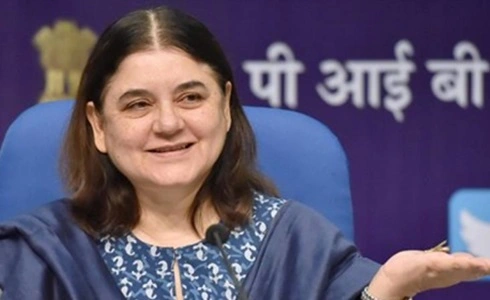
Maneka Gandhi, a former Union Minister, is known for her long-standing advocacy for animal rights and environmental conservation. She founded the organization People for Animals, which works to prevent animal cruelty and promote animal welfare across India. As an environmentalist, Gandhi has also championed the cause of wildlife conservation, biodiversity, and sustainable living. Her work has had a lasting impact on policies related to animal rights and environmental protection, making her one of the most prominent environmental voices in India.
10. Almitra Patel: A Crusader for Waste Management

Almitra Patel is a pioneer in the field of waste management in India. She was one of the first individuals to bring attention to the issue of solid waste management in Indian cities. Patel has worked closely with municipal bodies to develop sustainable waste management practices, including waste segregation, composting, and recycling. Her activism has helped raise awareness about the environmental hazards posed by improper waste disposal and the need for sustainable solutions. Patel’s work in promoting cleaner cities and reducing waste has been instrumental in shaping waste management policies in India.
Conclusion
India’s environmentalists have made significant contributions to the preservation of the country’s natural resources and the promotion of sustainable development. Their work spans various aspects of environmental conservation, from protecting forests and water resources to advocating for sustainable agriculture, waste management, and climate action. The efforts of these top 10 famous environmentalists have not only impacted India but have also inspired global movements for environmental protection.
As the world continues to face pressing environmental challenges, the work of these environmentalists reminds us of the importance of taking collective action to protect our planet. Their dedication, passion, and commitment to safeguarding the environment serve as a beacon of hope for future generations. It is through their efforts that we can envision a greener, more sustainable future for India and the world.

